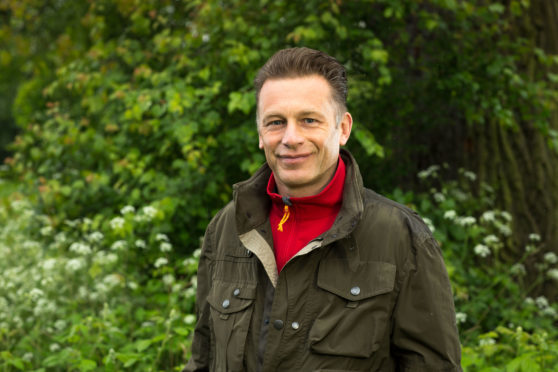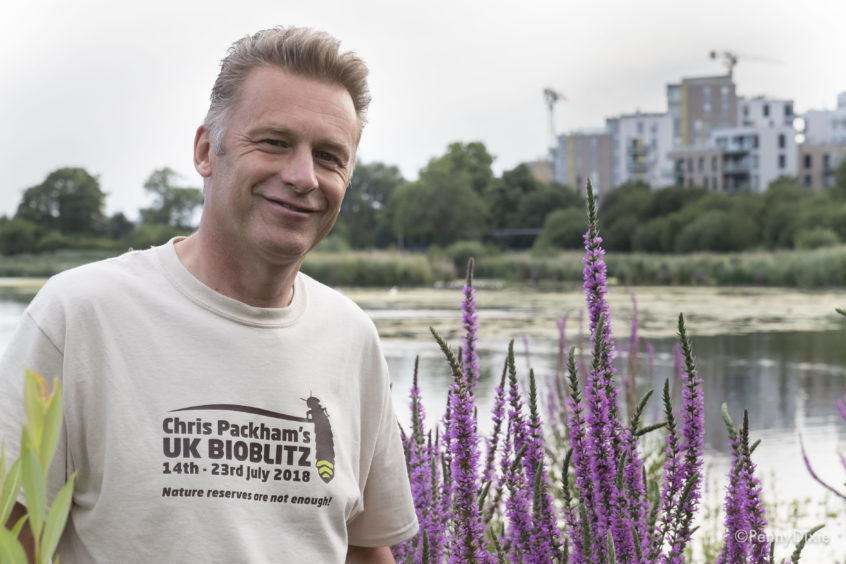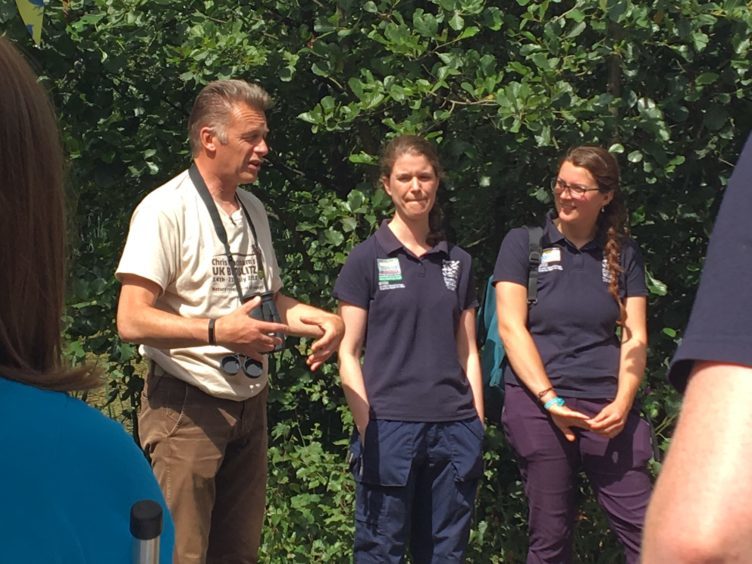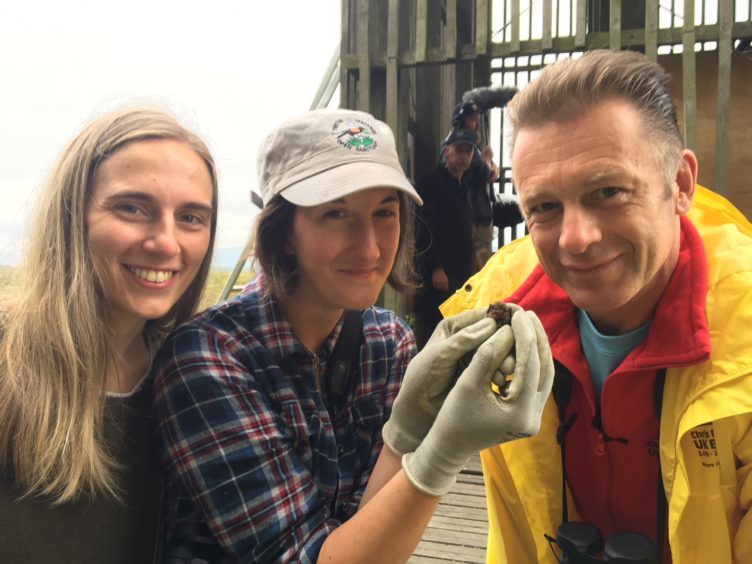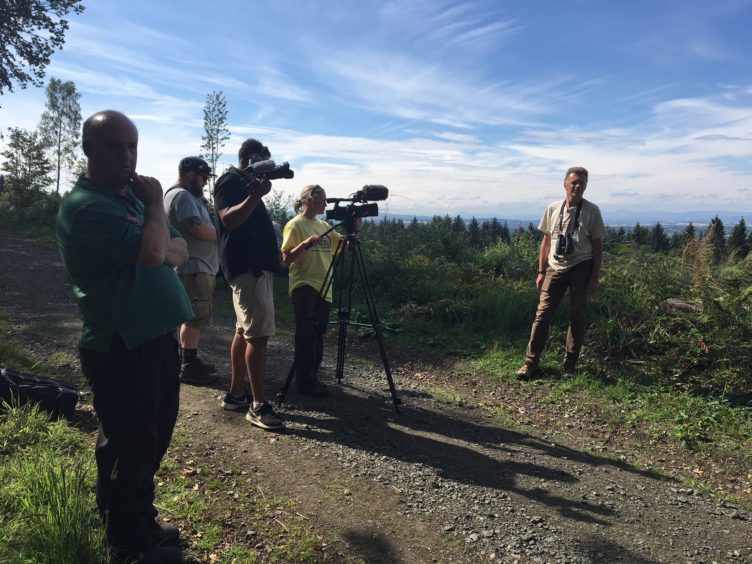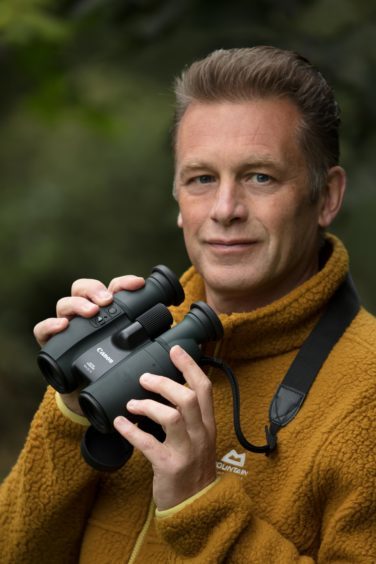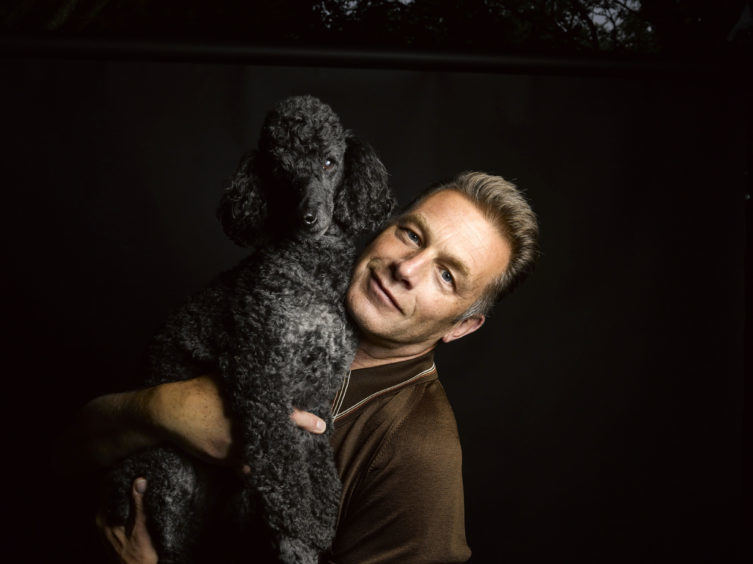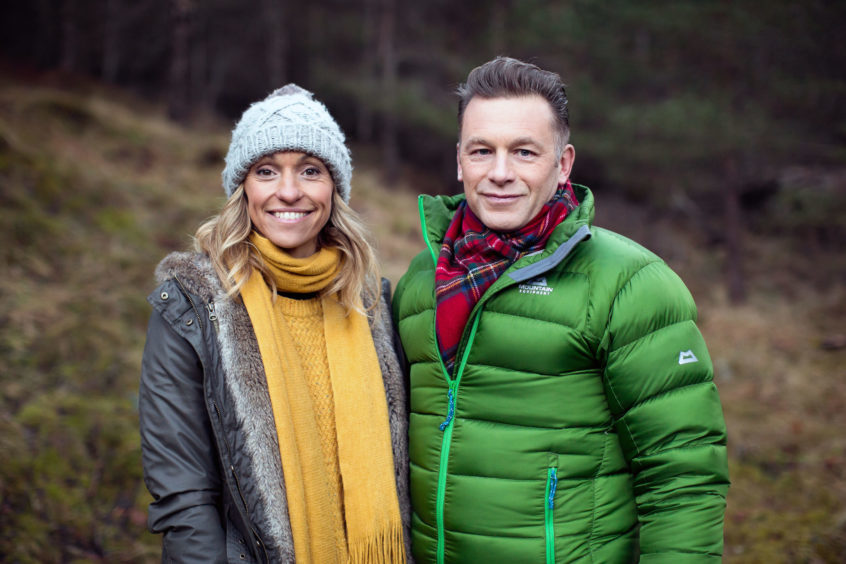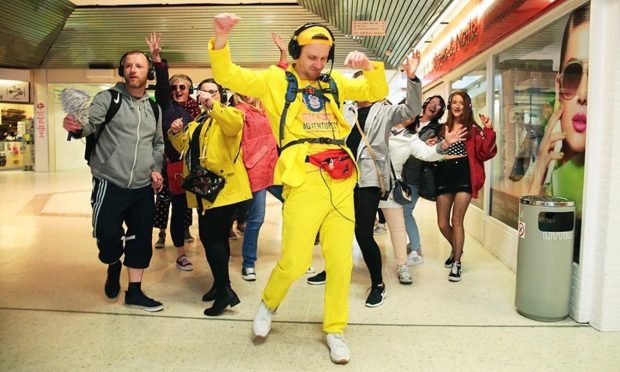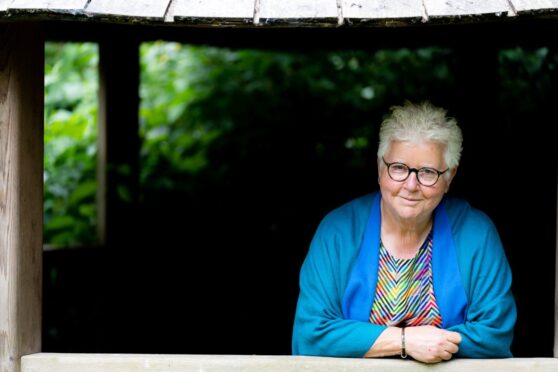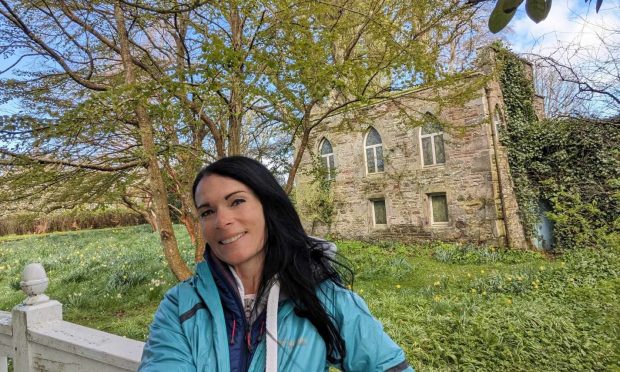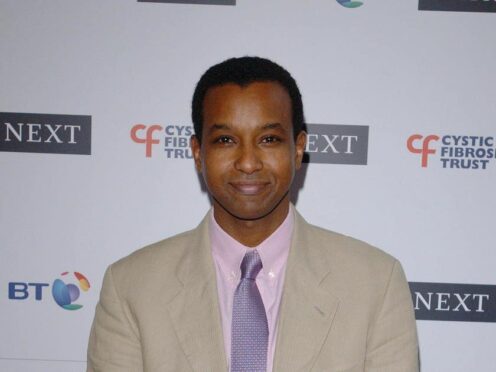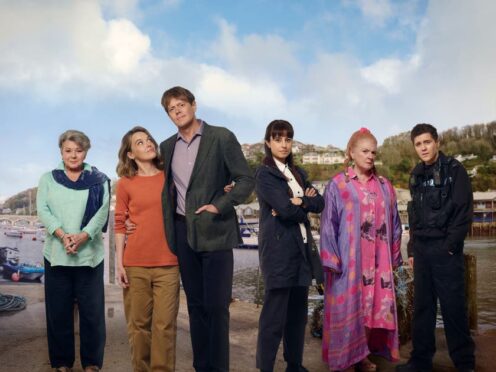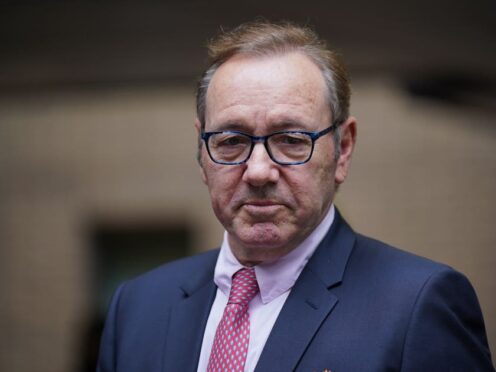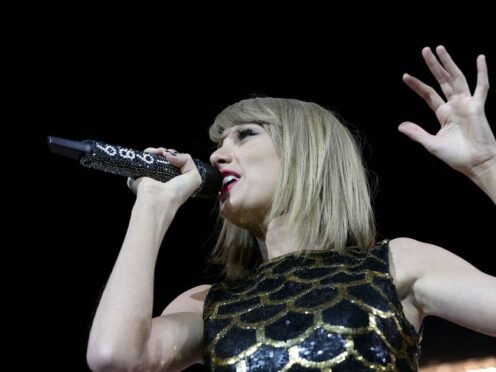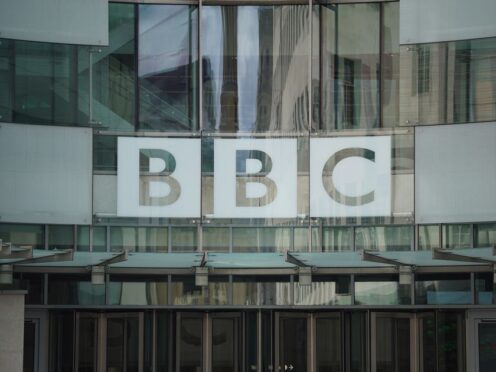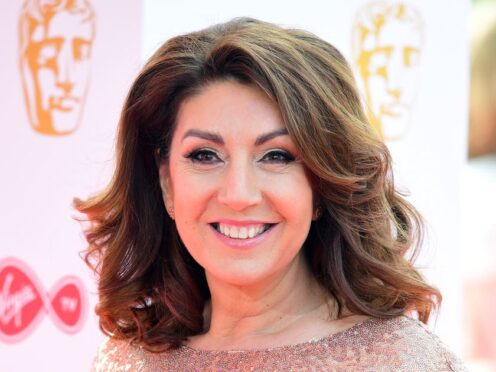Wildlife presenter Chris Packham fears the UK is facing ecological disaster. From recycling roadkill to tackling wildlife crime, he tells Gayle Ritchie – “it’s time for us to act”
A deep furrow forms between Chris Packham’s eyebrows when he talks about the state of the UK’s wildlife.
“We’re in big, big trouble,” he muses.
“I have an enormous volume of statistics that point to calamitous decline in UK habitats and their species. The overall picture is quite bleak.”
Despite this depressing outlook, Chris is hopeful an event he spearheaded at the weekend – the very first People’s Walk for Wildlife – will spur people to take action to help reverse these declines.
The event, which he insisted was not a demonstration or a rally – “it’s polite, passive and family-friendly; we don’t want any chanting or banners” – invited people to call for changes urgently required to conserve our wildlife.
“It was open to everyone,” he says. “The hedgehog rehabilitators, the people upset about raptor persecution, those upset because their council mows wildflower verges, and those concerned about the way landscape is managed in terms of pesticides, fertilisers or hedgerows being ripped out. It’s about being activist – about standing up and being counted and sending a clear message that we want our wildlife better managed.”
While September 22’s Walk for Wildlife was in London, Chris, 57, is uber-passionate about Scotland, describing it as a “mecca” for “nature-mad naturalists”.
In 1984, as soon as he got a car, he drove here. “I went to the Hebrides, the Highlands – all over the country – and saw some amazing things,” he recalls.
“You’ve got Speyside, with its ospreys and grebes, its spring flowers and golden eagles. Then you’ve got South Uist and Harris with that extraordinary machair – amazing wildflower meadows. You’ve got Bass Rock with its gannets. Scotland truly is the mecca.
“You’ve got killer whales, pine martens, red squirrels, dolphins, porpoises…I could go on and on.”
Chris has returned to Scotland many times but he came with a more critical eye during his nationwide BioBlitz campaign in July – a wildlife stocktake which investigated the extent to which our species are under threat.
The 10-day campaign saw Chris visit 50 sites including Ben Lawers National Nature Reserve in Perthshire, Jupiter Urban Wildlife Centre in Grangemouth, RSPB Lochwinnoch in Renfrewshire and Dalmellington Moss in Ayrshire.
“With BioBlitz, I’ve got my finger on the pulse of the UK’s countryside – where it’s strong and where it’s weak,” he says.
“I think every now and then people need a jab in the eye with a sharp stick to wake up. I’m afraid I’ve lost faith in some of the agencies we put in charge of solving the problems. Some are doing a great job but they don’t have the resources to keep up with these rates of decline.
“We have solutions and a toolkit to make a difference – we’re just not implementing them. It’s time for us to act – to ask, politely, for things to be fixed.”
It’s not all bad news, though. Chris reckons Scotland is in a stronger position than any other part of the UK and says environment secretary Roseanna Cunningham is a “lot more open-eared” than some politicians in the south.
“Roseanna has instigated some important turning points in conservation in Scotland including the practical assessment of grouse moor management,” he reflects.
“She recognises Scotland has an extraordinary diversity of wildlife and that it’s very important to its economy in terms of eco-tourism. But yes, we have very serious concerns.
“There’s still a lot of wildlife crime which isn’t properly punished in Scotland and there are some strategically unsound decisions being made like the raven cull which is being investigated for judicial review. Rightly so, because that decision was taken without proper consultation.
“But there’s no doubt that Scotland is making more progress than anywhere else and I’m very keen to support that.”
Chris spent his early childhood in Hampshire and natural history was his main passion.
Bullied at school, he struggled to build relationships with humans, preferring the company of animals.
As a child, he ate live tadpoles to “learn the value of animal life” and see how they tasted, and stole a kestrel chick from its nest and hand-reared it.
“It was always about keeping wildlife – catching it and putting it in a jar or a cage or a tank,” he recalls.
“I began to realise not all was well with our wildlife in the wild. It was very much an awakening when I realised all the things I loved were in trouble.”
When the kestrel died, Chris was grief-stricken and speechless for days, such was the bond he had forged with it.
“What happened as a result of me taking that bird defined the rest of my life,” he says.
“I loved that bird and that was the first time I learned to love something.”
His difficulty communicating with humans was symptomatic of Asperger’s – an autism spectrum disorder which affects how people perceive the world and interact with others – although he wasn’t diagnosed until he was in his 40s.
While he says having Asperger’s has pros and cons, he admits it helped him acquire an encyclopedic knowledge of the natural world and got him where he is today.
Having gained a degree in zoology, Chris trained as a wildlife cameraman and, encouraged by his fashion designer sister Jenny to “go on TV and bore the rest of the world about animals, not just your family”, went on to anchor programmes including The Really Wild Show alongside fellow nature icons Terry Nutkins and Michaela Strachan, and Springwatch.
“I have that analytic ability to take in enormous amounts of information quickly,” he reflects.
“I’m able to organise and remember it. That suits the career I’ve followed.
“People say I’m very knowledgeable but I’m actually just reciting things I read 10 years ago or maybe five minutes ago.
“Seeing, storing and recording information is the sort of thing my mind does. So it’s an asset.
“But it also gives you a certain sort of independence from other people. I get an enormous amount of hate mail [as a result of campaigning] and hate tweets but it’s like water off a duck’s back. It doesn’t touch me.
“A lot of normal people would get really upset by that but I don’t care what most people think and that’s a good thing. It doesn’t get to me and therefore I just carry on.”
One thing Chris dreads is social situations and he will do everything he can to avoid them.
“Don’t ask me to go to a supermarket or a pub!” he laughs. “Those sorts of things are very difficult.”
His memoir, Fingers In The Sparkle Jar, which describes growing up with Asperger’s and his obsession with nature, was voted the UK’s favourite nature book in an online poll by the Arts and Humanities Research Council.
This was followed by a documentary, Chris Packham: Asperger’s and Me, which aired on BBC Two last year.
In it, he reflects on his bond with his pet poodle, Scratchy.
“The health and welfare of Scratchy and my love of him is everything; he’s my greatest companion,” he says.
“I lost his brother Itchy in 2016 (Chris previously admitted the dog’s death left him suicidal) and we miss him every single day.
“People like myself have very intense bonds with other species. Scratchy is quite old; he’s not going to go on much longer. I hope I’ll be prepared.”
Chris has been in a relationship with Charlotte Corney, owner of the Isle of Wight Zoo, for more than a decade, although the couple live separately.
He’s in no rush to tie the knot, saying the couple first have to get through “this period of aged animals.”
The crusading environmentalist is used to being regarded as weird, and this doesn’t bother him a jot.
A recent admission that he scrapes up roadkill and stores it in a freezer before feeding it to foxes raised some eyebrows.
“To leave it to be squashed on the road would serve no purpose so redistribute it to something that’s hungry; I don’t see the issue,” he reasons.
“It makes perfect sense to me, particularly as the fox is declining in rural landscapes.
“I know a lot of people think this is a little bit quirky but we naturalists have always got odd, quirky things about us, so whatever.”
Storing roadkill aside, Chris is brimming with ideas about how each and every one of us can help wildlife right now.
“If you have a garden, make a difference there; you’re the manager of a potential nature reserve,” he says.
“Feed the birds, put up bat boxes and bug houses. Put out water for thirsty animals. Let a corner grow wild.
“Get your neighbours together and form a community nature group. I know villages have bought nearby fields to protect them from development and turned them into nature reserves.
“Our wildlife needs us more than ever. It’s up to us to protect it and ensure we have a world where all life can flourish.”
info
For more information on Chris Packham’s People’s Walk for Wildlife, see www.chrispackham.co.uk/the-peoples-walk-for-wildlife
To find out more about BioBlitz, see www.chrispackham.co.uk/chris-packhams-uk-bioblitz-2018
